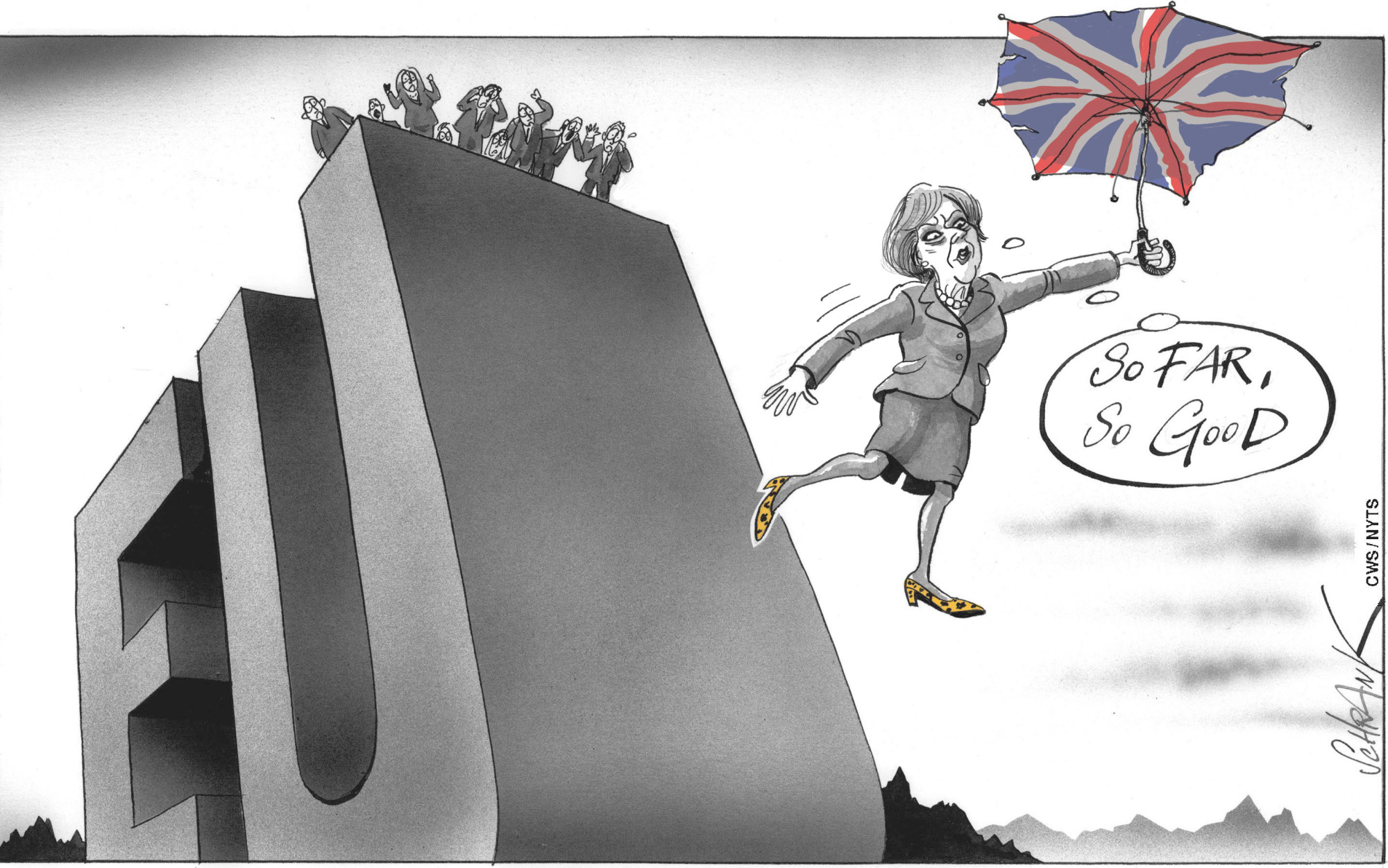Compared with the rising tensions and dramas of Asia, affairs in Europe, such as the about-to-begin withdrawal of the United Kingdom from the European Union, or the woes of the ill-structured euro currency, or the unending migrant pressures, or the low economic growth, must seem like matters of small consequence, even parochial.
After all it is in Asia that we have the world's second- and third-largest industrial powers at loggerheads, North Korea growing ever more dangerous and provocative, the American president clearly losing patience with Pyongyang and China weaponizing its manufactured islands in the South China Sea.
Yet even though Europe may no longer be the powerhouse of the global economy (it now accounts for only 17.5 percent of global GDP) it may still have some useful lessons to offer the wider world about how to handle disputes and defuse quarrels that might otherwise escalate into hot words and then hot actions. Having been the source of the worst and most costly hostilities of the 20th century, one lesson it has certainly learned well is how to avoid them in the 21st.

















With your current subscription plan you can comment on stories. However, before writing your first comment, please create a display name in the Profile section of your subscriber account page.